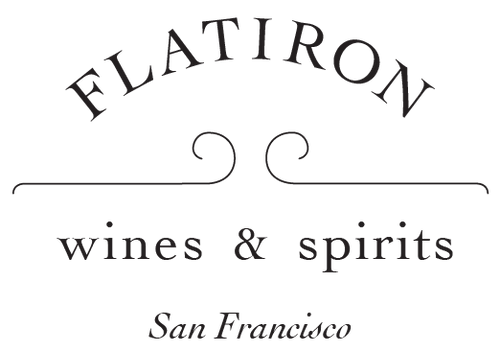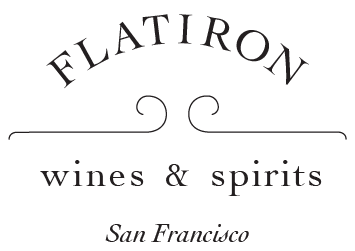Lebanon is no stranger to wines and it has nothing to do with French colonialism. Many modern day Lebanese can trace their ancestry back to the ancient Pheonician who established their famous trading culture in what is modern day Lebanon and Coastal Syria in 1550 BCE. Legendary seafaring traders, the Phoenician are almost always cited as the source of the first grapes grown throughout the Mediterranean world and thus the progenitor of modern European wine. Today the Lebanese continue to make wine with some rather exceptional examples from the world famous Chateau Musar. But as that name suggests, their wines, along with the bulk of the Lebanese wine industry take their cues from the French. Beside the occasional label that shows off an ancient ruin, there is very little in these wines that link back to the wine before the French occupation.Founded in 2002 by Eddie Chani, who was born in Australia to Lebanese parents, Le Mersel was founded as an antidote to the Francophone tradition that most wineries in Lebanon operate under. Having never spoken French, Eddie wanted to make wine that was uniquely Lebanese. Trained at UC Davis, he focuses on working with native varieties as well as more familiar varieties whose roots can be traced back to the Eastern Mediterranean. His winemaking is simple and natural with no new oak, in order to allow the Lebanese terroir to shine through. The wine he crafts is fresh, easy going and inviting, alluding to the character of the Lebanese, who are known for their welcoming nature and friendly demeanor. The name Mersel comes from the region Maksar Mersel, which is the highest viticulture region in Lebanon and one of the highest in the world, located between 2,000 and 2,400m. This region is cool even throughout the Levant summers and relatively dry year round with water coming down from melting snow running off the nearby, snow covered peaks. The cool climate keeps the wine of Mersel crisp and light, perfect for all manner of Lebanese faire. They also work with organic farmers in the coldest corners of the Bekaa Valley, the Qannoubine Valley and Bousit in Northern Lebanon.
Details
-
Grape Variety
Cinsault
-
Vintage
2022
-
Size
1L
-
Farming Practice
Natural
-
Style
Earthy , Fruity , Minerally
-
Sweetness
Dry
-
Body
Light Bodied


